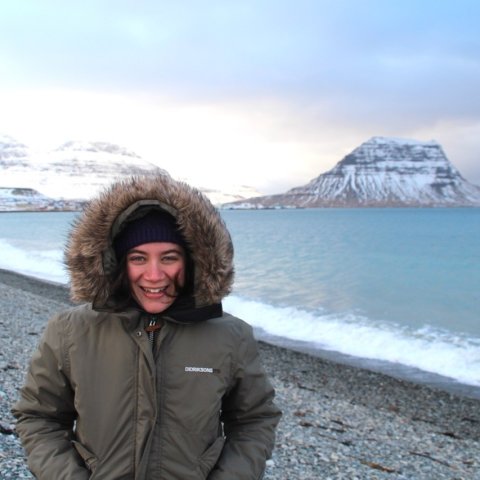Hér má nálgast námskeiðslýsingar allra námskeiðanna sem í boði eru. Einnig má sjá skipulag námsins í sameiginlegri kennsluáætlun Sjávarbyggðafræði og Haf- og strandsvæðastjórnunar.
Námskeiðin uppfylla kröfur ýmissa stéttarfélaga um námsstyrki. Vor- og sumarannir eru tilvaldar fyrir háskólanemendur sem vilja stytta námstímann í reglubundnu námi.
Fyrirspurnir sendist á kennslustjóra Háskólaseturs.
Coastal and Marine Ecology
- Autumn 2026
- Kennari: Dr. Filipa Samarra
Um námskeiðið
The course focuses on marine ecological concepts, and ecosystem patterns and processes while recognizing the importance of different types of marine habitats. It examines ecological principles of both population and community ecology and strives to place ecological knowledge in the broader context of the many global environmental challenges we face today. It focuses particularly on temperate and polar ecosystems, including case studies of marine and coastal ecology of the Icelandic ecosystem whenever possible. Discussion sessions and writing assignments serve to deepen the understanding of selected theoretical and practical concepts, approaches, or applications as well as to train students in reading and writing scientific papers.
Kennari
is a behavioural ecologist with a keen interest in marine mammal social and foraging ecology and acoustic communication. Her research focuses on intra-specific ecological and behavioural variation, interspecific interactions and the effects of environmental changes. Much of this work is done with killer whales, the apex predator of the oceans, as part of the longest running monitoring and research programme on killer whales in Iceland, the Icelandic Orca Project.

Kennsluskrá
On completion of the course a student:
- can recognize basic ecological principles of population, community and ecosystem ecology and can list ecological drivers and processes particular to the marine ecosystem.
- can list and define common ecological research methods and recognize common applications, benefits, and shortcomings of different methods.
- is familiar with current research backed knowledge on the consequences of human induced impacts on marine ecosystems.
- can compare, assess, and critique scientific literature in the field of marine and coastal ecology through reading, writing and discussion.
- can rate and compare mitigating actions to human impacts on marine ecosystems.
- can recognize and describe how ecological research relates to environmental, natural resource studies and management and can identify the role of ecological information in decision making.
- can construct an in-depth synthesis of current ecological research
- can design and execute a field-based research plan (with guidance) and clearly communicate results visually, orally and in writing.
Prerequisites: No prerequisites registered for the course
Assessment: 60% group assignments, 20% final paper, 20% written exam
Final Exam: Assignment